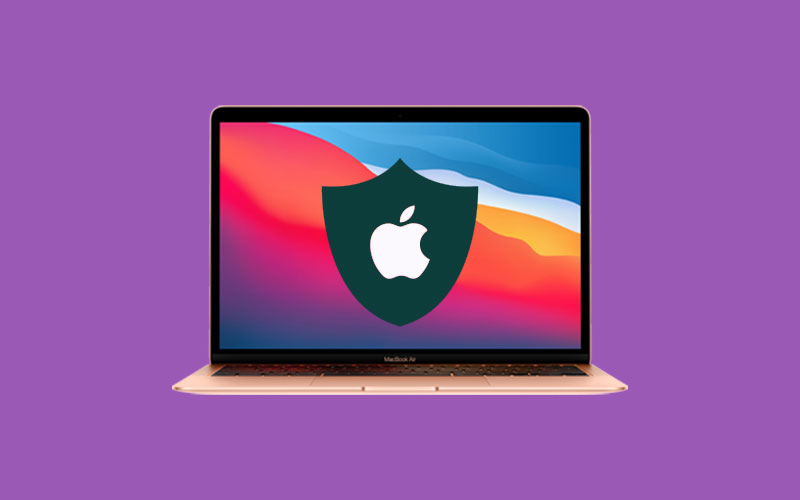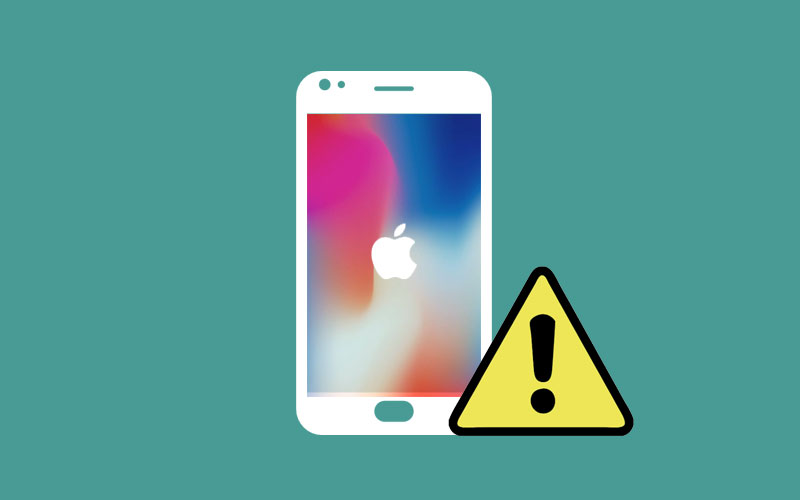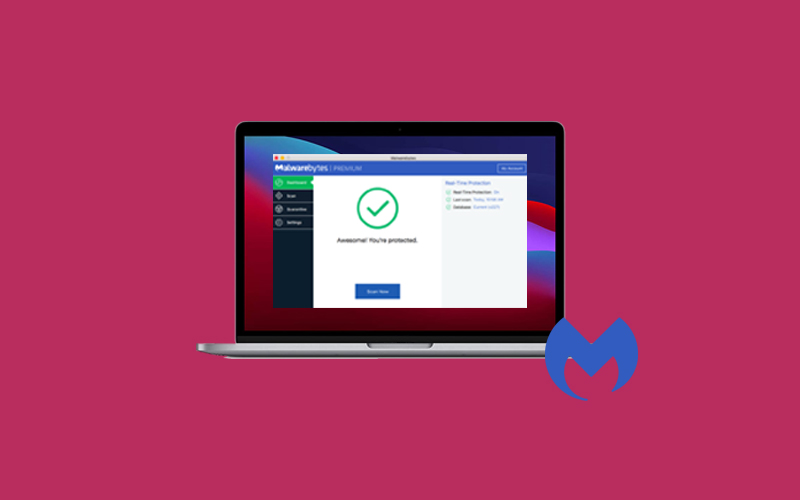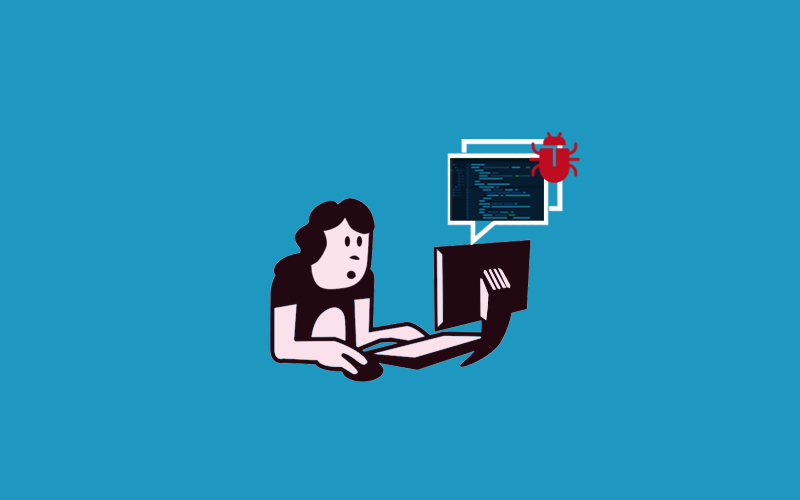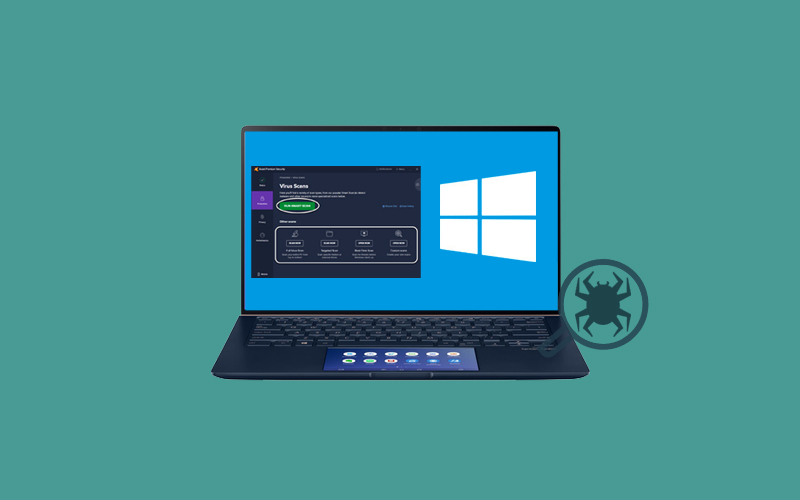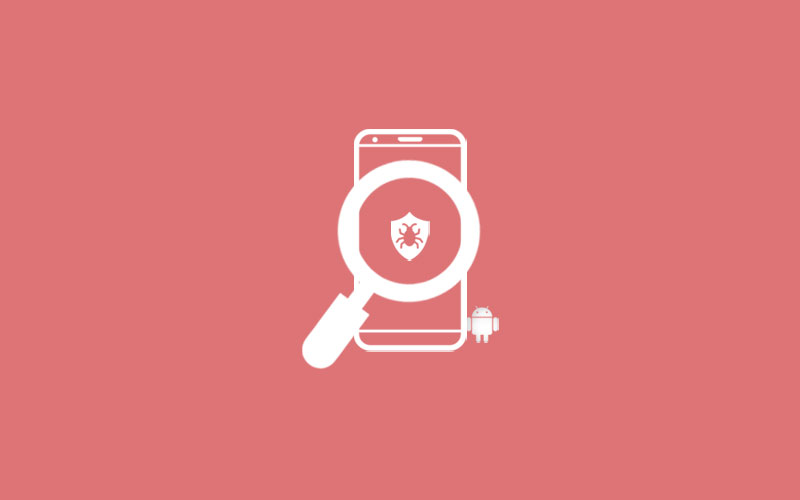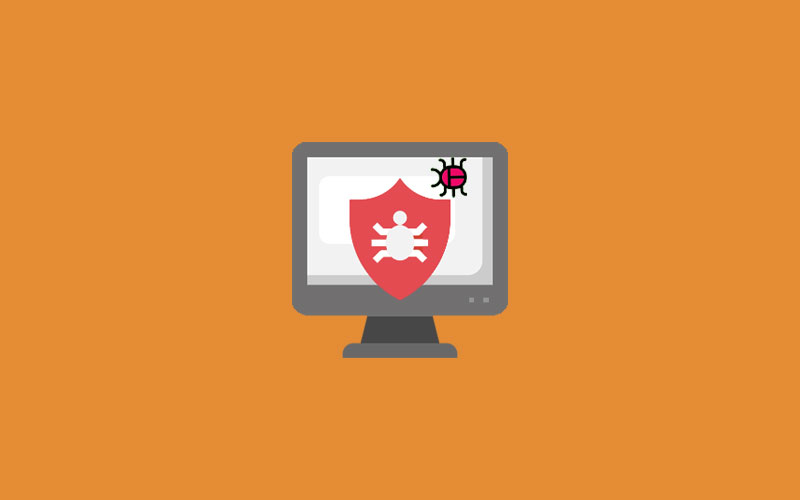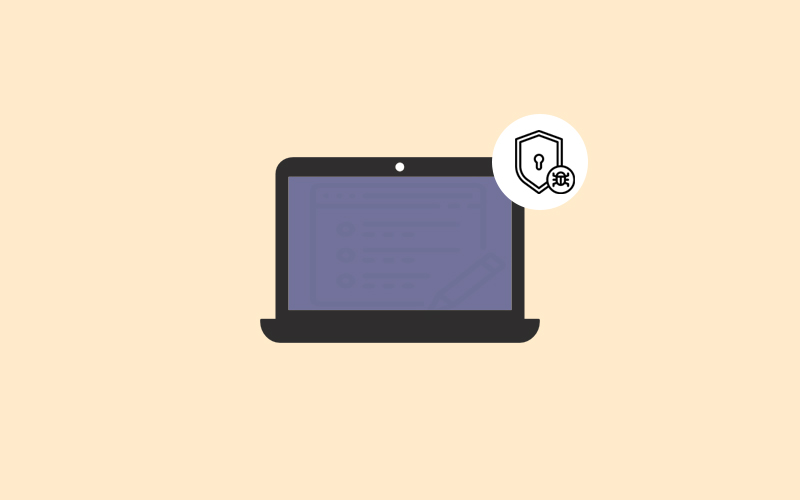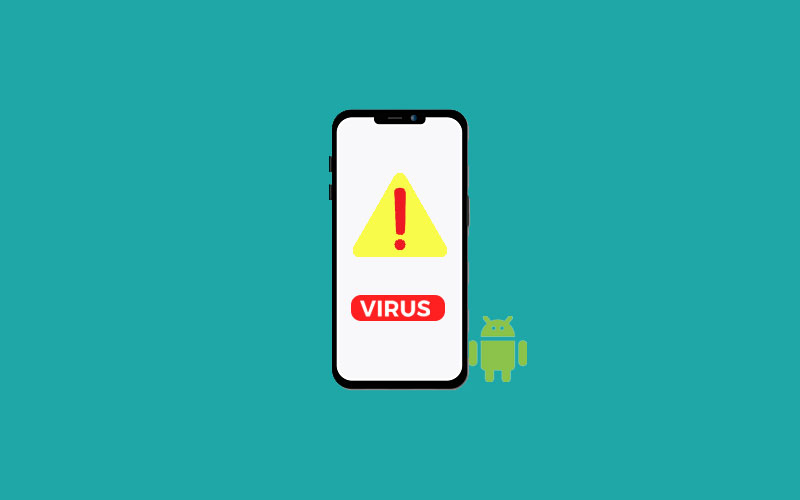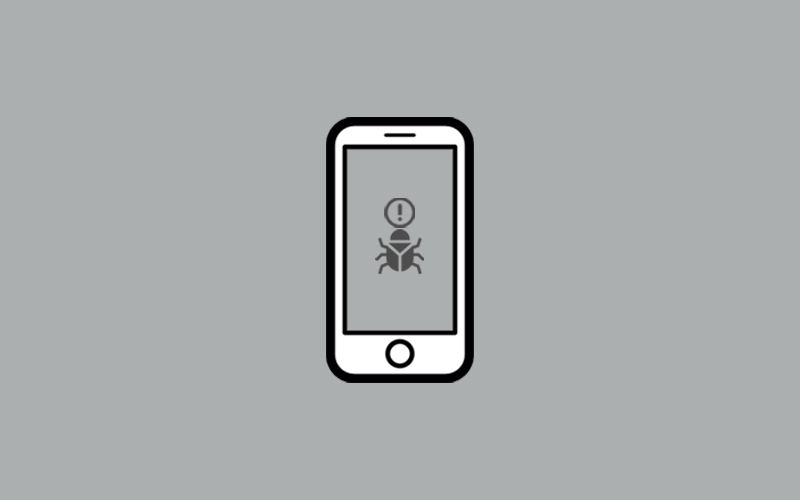Do Apple Computer Get Viruses
You may think till now that Apple computers can’t get viruses, but it isn’t true. Mac also can get viruses. We’ve found that they uncovered several new threats released by Malwarebytes that targeted Macs in 2020. They also released some notable instances of Mac malware.
So Mac users, stop thinking that you’re always free of viruses and malware. Luckily, Apple computers are less vulnerable than Windows PCs.
Why Apple computer are less likely to get viruses?
Mac really does have some excellent stellar built-in tools that protect you right off the bat. Mac ensures that downloaded every app or software on the Apple computers is safe, trustworthy, and malware-free. For example: when you download the application on the internet, your Mac checks it against a list of known malware using XProtect. This works invisibly in the background, so you need not activate it. This works 24x7 in your Apple computers and no maintenance needed ever.
This process also does not slow down your Mac. Meanwhile, Gatekeeper will prevent the app from opening without your permission if it hasn’t been digitally signed as safe by Apple. And now, Apple has even started notarizing apps so that they can prove they are trustworthy.
Mac ensures that apps are sandboxed, meaning they can only do what they’re meant to do, without being able to access critical system infrastructure and settings.
Note: Mac noted a list of popular malware working on the internet.
As the use of Apple computers became more mainstream, more hackers started turning their attention toward programming viruses that could attack Apple computers.
- On Mac, you aren’t allowed to install applications on your Mac that haven’t already been approved by Apple and are digitally signed. However, if the user wants, can bypass this protection by holding down the Ctrl key when opening the App.
- On Mac, all updates happen automatically, keeping the system immediately up to date and patched whenever Apple identifies vulnerabilities.
- On Mac, Safari has anti-phishing technology built-in that detects fraudulent websites and blocks the page from loading. The browser only allows the latest version of plug-ins like QuickTime, Java, and Silverlight.
Similarly, Mac provides other multiple of security features that surely prevent it from the viruses or malware. But, security firm Malwarebytes told that defensed in the Mac aren’t as comprehensive as it seems. “Adding that flag is not a requirement, and not all software does (it), “he explained. For instances, torrent software often doesn’t, while at the same time being used heavily in piracy.
What about “MacOS Big Sur.”
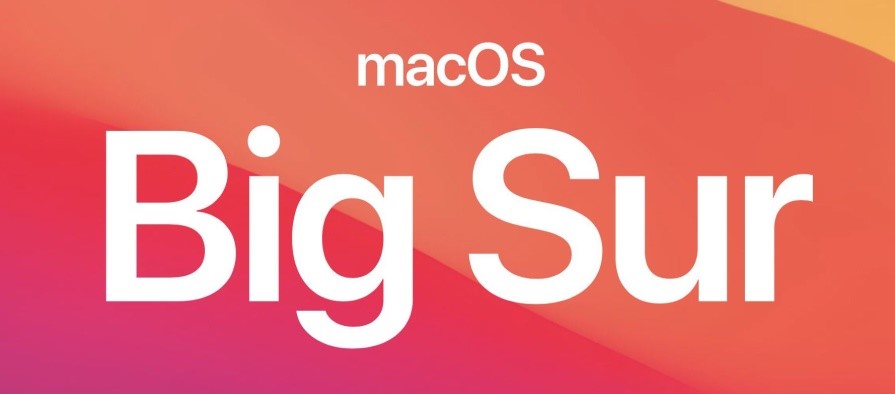
MacOS Big Sure requires your permission before accessing your documents, desktop files, iCloud Drive, and external drives, plus its promising greater security dedicated to a system volume for the OS and the T2 Security Chip in new Macs.
It says that the nature of sandboxing on macOS really restricts antivirus software, at least if you download it from the App Store. For example, an antivirus app cannot get access to most of the files on the hard drive (by default). Even if you allow access to the entire hard drive, many of those files cannot be removed by an App Store app. It explains that App Store antivirus software is less likely to be able to detect all the threats and is also less likely to be able to remove all the threats.
Apple computer viruses names
The following are the most common malicious applications that still remain a threat to Mac system across the world:
Word Macro Viruses: Word macros working inside Word, and works silently. Macro viruses will actually log keystrokes or steal confidential information off the computer.
Safari Viruses: Safari, Mac default browser, is a piece of malware known as Safari-get. Once your computer is infected with it (usually by clicking a bad Safari, Mac default browser, is a piece of malware known as Safari-get. Once your computer is infected with it (usually by clicking a bad weblink), the virus will overload your Mac and attempt to freeze it with a Windows showing a fake Apple tech support number in order to steal your credit card information.
Pirrit: This virus, which is hidden within cracked versions of Adobe Photoshop and Microsoft Office, has the ability to gain root privileges and download additional malicious software.
Fruitfly: This kind of mac’s malware once reached the system, it steals images, sensitive records, and other files by capturing snap and even takes images from the computer’s webcam.
Dok: This type of malware prevents all web traffic to scour your private or sensitive information.
Adware: Once this malicious software is installed on a Mac it will show you advertisements and pop-ups for software-most likely for Potentially Unwanted Programs like those we will discuss next. According to Malwarebytes: “macOS’ built-in security systems have not cracked down on adware and PUPs to the same degree that they have malware, leaving the door open for these borderline programs to infiltrate.”
Spyware: Our data is extremely valuable to criminals, and spyware is designed to obtain it.
Phishing: We've all received phishing emails and are aware of the risks, but as criminals become more sophisticated (and possibly learn to spell), how can we be sure we won't fall for a phishing attempt to steal our data or log in information?
Do Apple computers need antivirus?
Yes, Apple needs antivirus. But Apple has built-in anti-malware protection known as XProtect built into macOS that inspects every app for malware. Apple also has Gatekeeper, a feature of macOS that checks that any app you’re trying to download or open and install has come from a certified developer.
Thanks to Apple these features check against a list of malware, and even if there is no reason for concern will not make it easy for you to open an application from a developer that it hasn’t approved.
We have also multiple antivirus software on the internet compatible with iOS devices that prevent malware and help you to get rid of viruses.
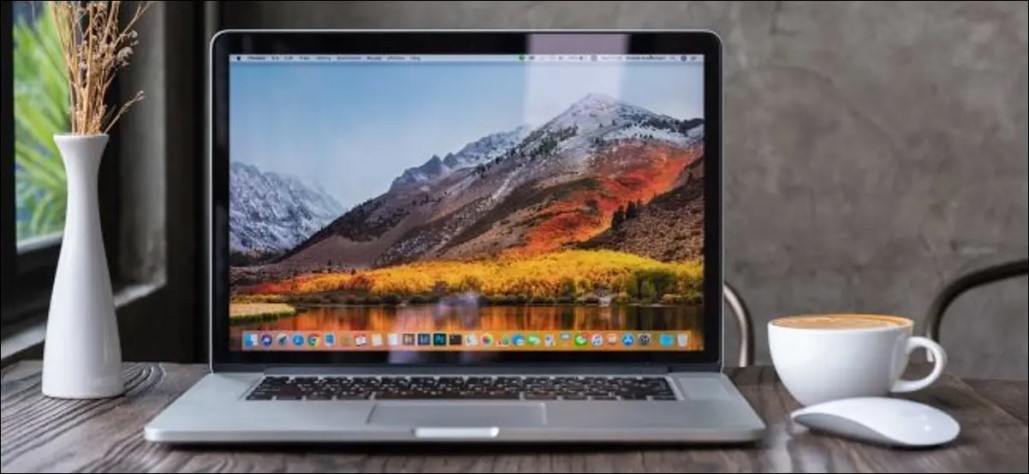
Check your Mac is virus infected?
- If your mac is running slow, heats up, or crashes.
- You notice apps you don’t remember installing
- If you’re receiving annoying pop-ups appear every time you browse the internet
- You’re prompted to download an antivirus or another app
Find these signs familiar to your situation, wait, it’s not that simple. Sometimes, these signs can appear in the absence of any malware. For instance, you have too many apps open, and it slows down your Mac. Or it may you’re running a new game that requires too many resources-hence, your Mac heats up and freezes. Or, you’ve visited a website that is packed with ads by design.
If you want to check whether Mac has a virus or not, you need to run reliable antivirus software. Be sure it’s something you’ve knowingly chosen and got from a reliable and reputable source.
How to protect Apple computers
Learn few ways to protect your Mac from malware or viruses:
Apple Security Network
As we already mentioned Apple has implemented a lot of security solutions to keep your Mac safe. These security features work in the background without interrupting your activity on the Mac. These strict security checks for all apps distributed through the App Store.
For example, Mac software intended for macOS Catalina is also subject to a procedure of notarization. This check proves the app doesn’t have malicious components.
Mac also has Gatekeeper that checks the apps you download and ensures that they’re verified by Apple. Similarly, the default browser, Safari can examine the websites that are malware-infected.
Antivirus Software
Antivirus software is also the best option if you’re already infected with a virus or malware. These tools protect you from malware by hiding you from advertising trackers or anonymize internet connections. But make sure that software alone can’t protect you from every new threat. The essence of an online scam is to make you willing to something harmful, like download a dangerous app, send your password to a hacker or loosen your security settings.
Follow Security Measures
Be aware before you get virus-infected. You need to learn what can damager your Mac and how? Be careful with links (whether in emails, or simple text messages), and attachments in messages, avoid questionably and pirated software, and keep cool when you see threatening messages.
Summary
Hello Readers! This was the guide about “Do apple computers get viruses.” Hope, till now you’ve got your answer. Mac also can get virus-infected. However, Apple computers are less vulnerable than Windows PCs. So be aware of your activity on your system, browsers, and for your security features.
Take action before you get caught. Follow the measures we’ve listed above and you will be good enough to protect your Apple computers from malware. Hope you like this article and find it informative. Please let us know in the comment section if you’ve any queries regarding this article.
